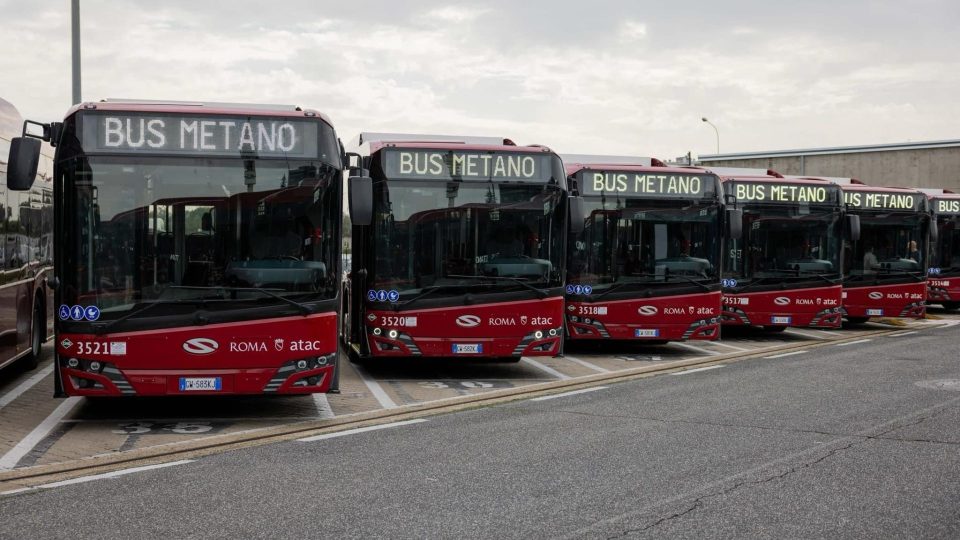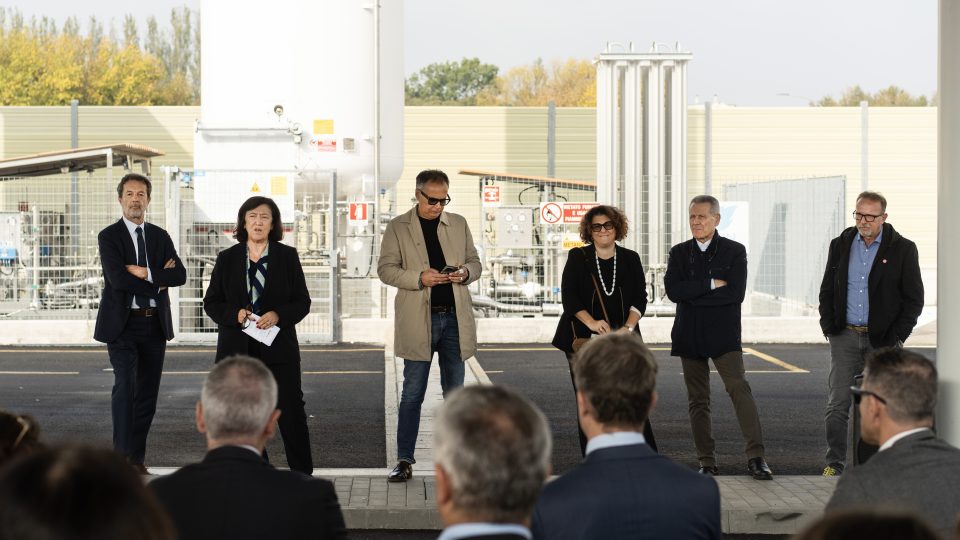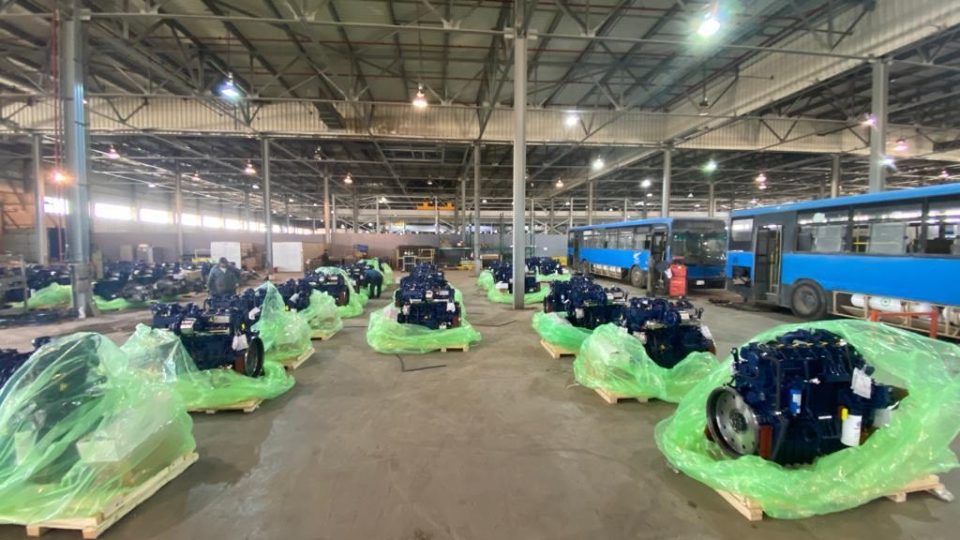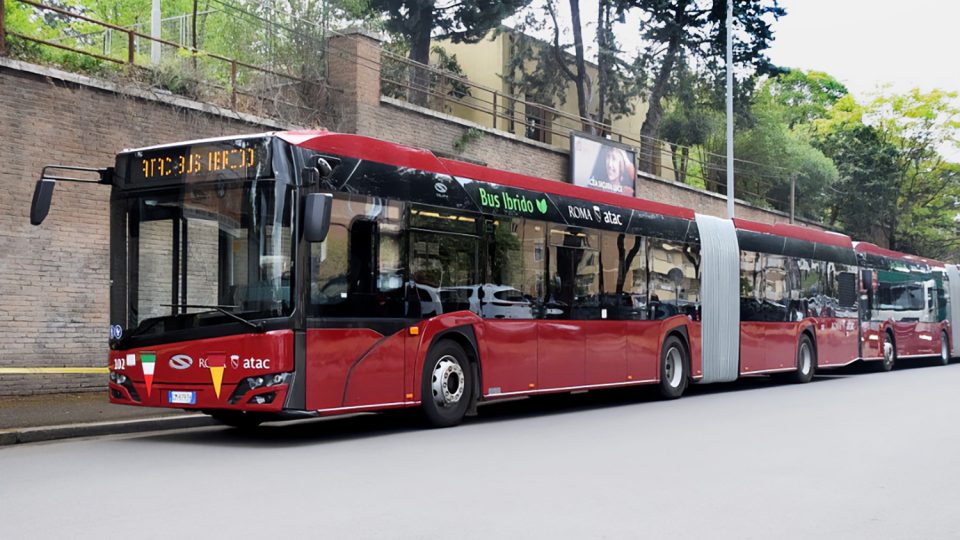Helsinki and gas buses, in 2019 other two Scania vehicles coming
The number of gas-fueled buses in the Helsinki Metropolitan Area will increase when Scania delivers two new gas buses to the bus company Helsingin Bussiliikenne at the beginning of 2019. Finnish energy gas company Gasum says new-generation gas buses are the most cost-effective way to reduce carbon dioxide and local emissions from urban transport. Gas […]
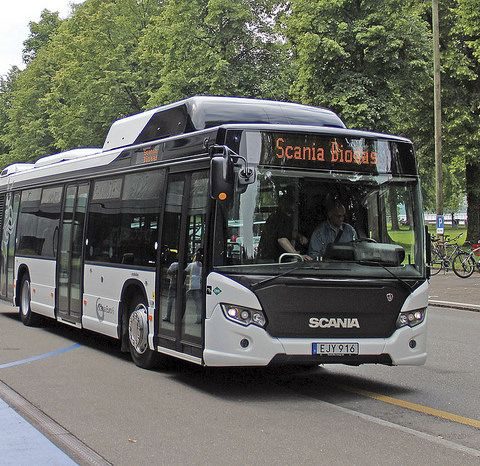
The number of gas-fueled buses in the Helsinki Metropolitan Area will increase when Scania delivers two new gas buses to the bus company Helsingin Bussiliikenne at the beginning of 2019. Finnish energy gas company Gasum says new-generation gas buses are the most cost-effective way to reduce carbon dioxide and local emissions from urban transport.
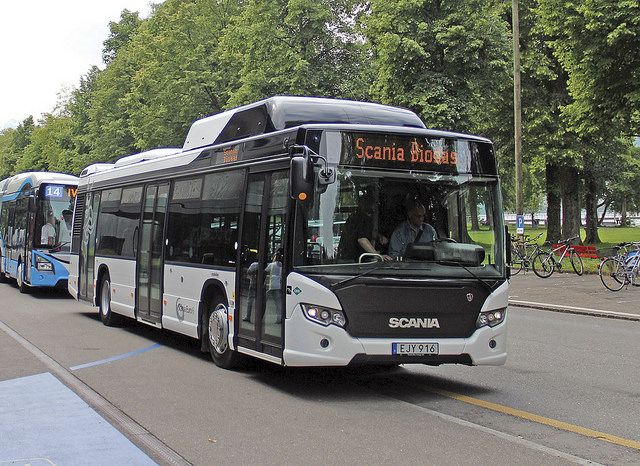
Gas buses in the Nordics
There are around 2,300 gas-fueled buses in Sweden and the total figure for Europe is around 17,000. The number is increasing across Europe where up to 85% of alternatively-powered buses are fueled by gas, states Gasum in a press release. The buses now procured feature modern Euro VI emission standard engines. Their operating range is almost the same as that of diesel buses. The EU will set minimum targets for the public sector’s procurement of clean vehicles in the future. At present, Green Public Procurement (GPP) is a voluntary instrument. Setting targets will further emphasize the opportunities offered by road fuel gases and increase the demand for gas buses in Europe.
1,000 buses fueled with biogas from waste
”We’re very happy that Helsingin Bussiliikenne wants to take concrete action to cut transport emissions and gain first-hand experience in the new Euro VI technology. This investment also has a big impact overall on our national economy through our Finnish body manufacturing industry,” Scania Sales Manager Ilkka Korpelacomments on the new-generation gas buses. ”Gas buses are an excellent opportunity for cities and municipalities to implement the circular economy as waste generated by cities and municipalities can be used in fuel production for these buses. For example, the amount of biogas produced in the Helsinki Metropolitan Area each year would fuel almost 1,000 buses. At the same time, various transport emissions would be reduced considerably,” Jani Arala, Senior Manager, Sales, from Gasum points out.




